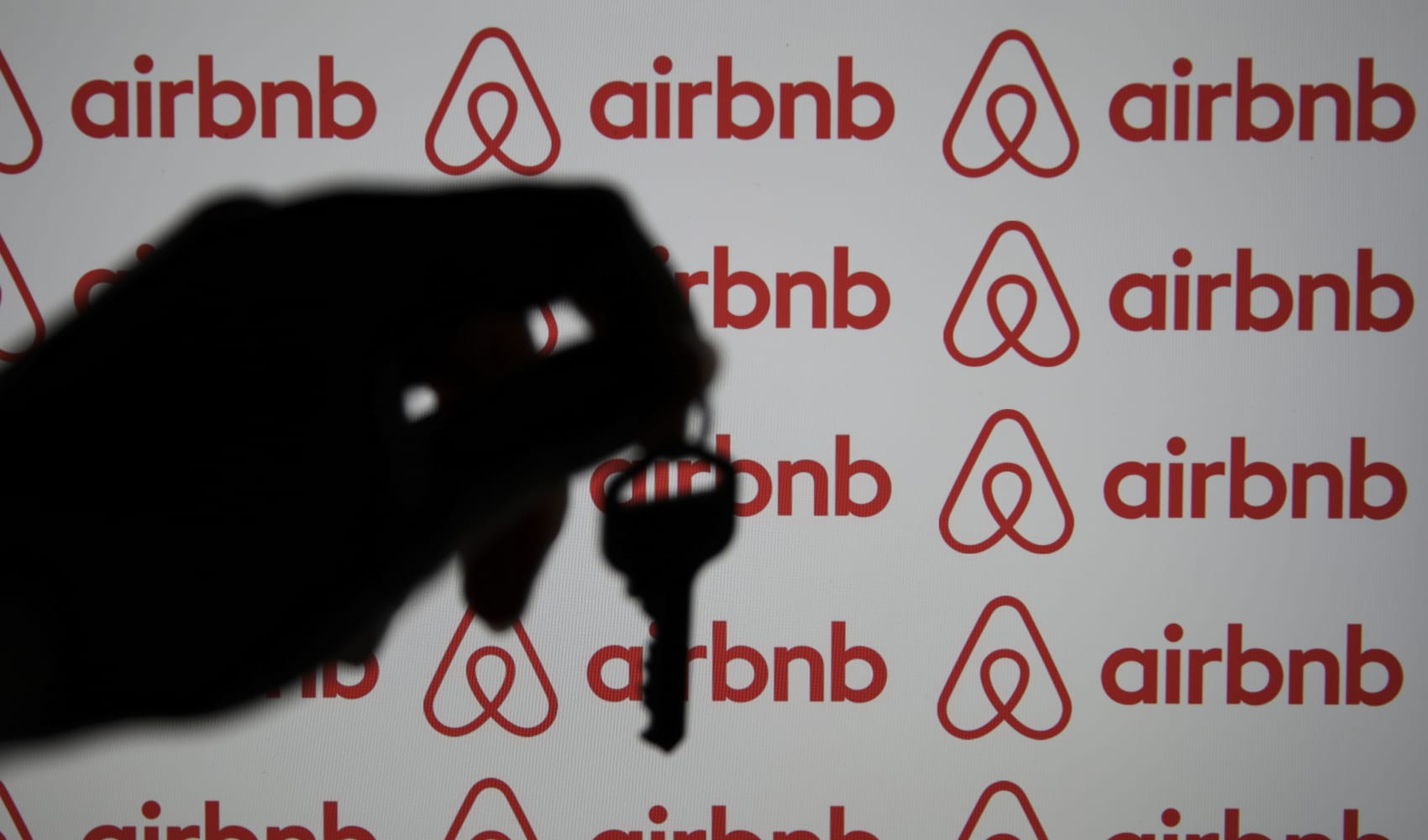
Deb Cupp has been taking the same summer vacation since college. Every August, she and her husband and dog spend two weeks in Outer Banks, North Carolina — Cupp's "happy place" where "I really feel like I can unplug and relax and just enjoy my time with my family," she tells CNBC Make It.
The timing is crucial for Cupp, who is the president of Microsoft for North America. The company, which offers U.S. workers 15 days of vacation per year, kicks off its new fiscal year in July. That means Cupp has about a month to make sure her team is set up for any major new projects before she signs off in August.
A few weeks before her departure, she sends around a note to remind everyone of her out-of-office dates. Then once she's logged off, she's unavailable — as in, "doesn't include a phone number if you need her" unavailable.
Here, Cupp, 51, shares why she no longer includes her phone number in her out-of-office message, and why that can be a good thing for her team.
Get San Diego local news, weather forecasts, sports and lifestyle stories to your inbox. Sign up for NBC San Diego newsletters.
Why she doesn't give out her phone number in case of emergency: I always set up an out-of-office message, which says I'm not available via email or phone. I direct people to contact my chief of staff, who can handle anything while I'm out.
I used to say, "If there's an emergency, you can reach me via phone." I stopped doing that because everyone's definition of an emergency is different. But I have an amazing team. In most emergencies, they don't need me. So it's actually a good thing to tell them I'm not available. It makes people really pause and realize, "I can probably solve this issue." And by the time I get back, it's usually handled.
I think people appreciate it, to be honest. It gives them the right to do the same.
Money Report
Why being unreachable can be a good thing for employees: I always tell my team, "You'll be surprised what settles itself when you get out of the way." Let others find their way. They always do. It's also good to help folks step up into those opportunities.
Why you don't have to tell people how you're taking your PTO: In your out-of-office, you should be clear about when you're taking your time off, how long you'll be gone and that you won't be available. I personally don't think it's important to tell people where you're going. They just need to know you're not there. That's especially important because there are so many more staycations today. Sometimes they think that means you are accessible. But people deserve that time just as much as if they went somewhere.
What she learned from a PTO gone wrong: Once, we had an issue come up when I was out when there was just a lack of information for the person who stayed behind. They would have been better off had we been able to prep them more deeply. It changed how we manage our prep and how we exchange information for things that may occur while I'm out.
If you must check email on PTO, tell other people about it: If you decide checking work email on vacation will help you relax, I suggest you do it once or twice a week and you let people know when that's going to be, and don't do it outside of that time. So if it's going to be 6 o'clock on a Wednesday, and that's the time you're going to check in for that week, do it. Then don't check it again.
I don't advise checking in at all, but I do try to help people work in the context of what's workable for them.
What she'd tell her 25-year-old self about taking time off: I would tell my 25-year-old self to absolutely take advantage of every single day off you have. Enjoy it, and don't worry. You'll be better for it.
This interview has been edited for length and clarity.
Check out:
This company pays new hires to take a vacation before they even start
Thousands of employees are testing a 4-day workweek
4 people on how their company's switch to work-from-anywhere spurred them to move around the world
Sign up now: Get smarter about your money and career with our weekly newsletter






